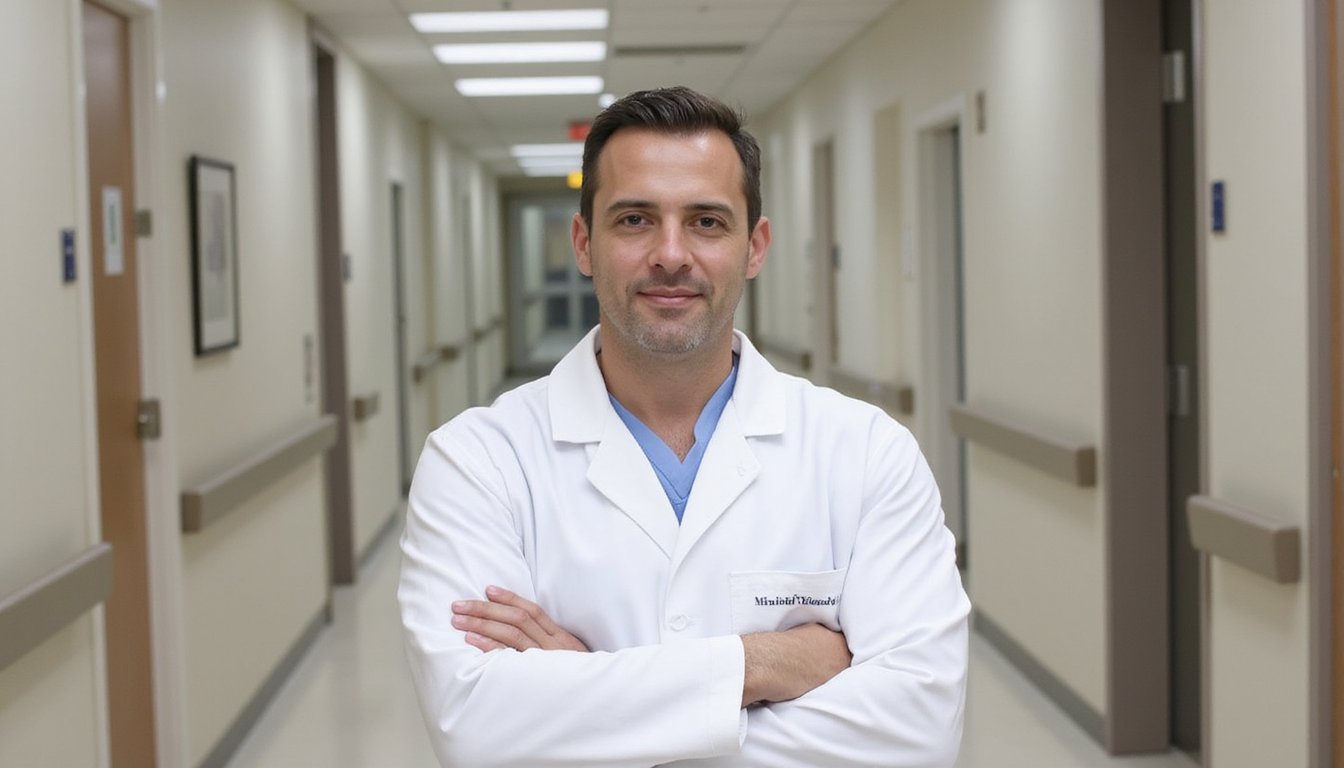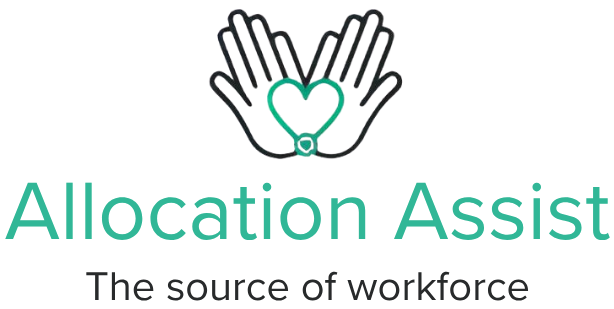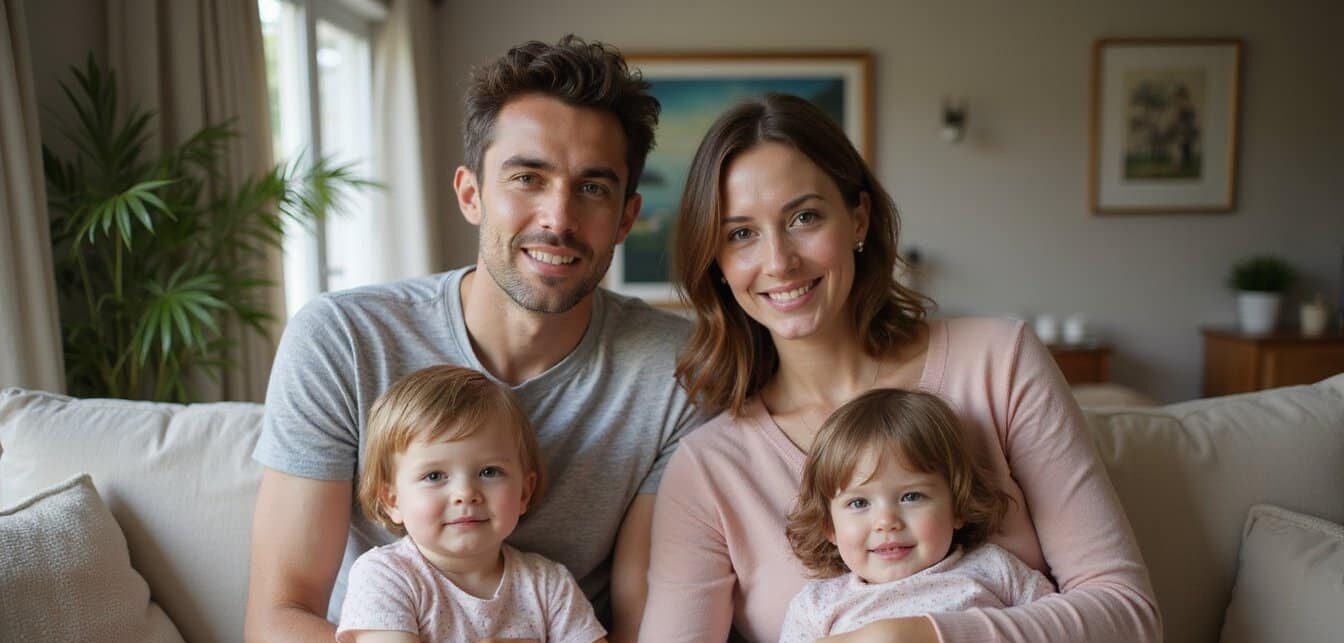Dubai’s healthcare sector offers you diverse career paths with attractive tax-free compensation packages. You’ll find positions ranging from AED 12,000 to AED 110,000 monthly, depending on your specialization and experience. Consultant specialists, nurses, allied health professionals, and healthcare IT experts are in high demand, with digital health expertise commanding premium salaries. The sector’s 8% CAGR and mandatory health insurance requirements signal substantial growth opportunities ahead for qualified professionals.
Current Healthcare Job Market Overview in Dubai

As Dubai positions itself as a global healthcare hub, the emirate’s medical sector is experiencing unprecedented growth driven by multiple catalysts. You’ll find the market’s expansion fueled by population growth, mandatory health insurance policies, and rising chronic disease rates. Healthcare spending has doubled in the past decade, maintaining an impressive 8% CAGR. The integration of telemedicine platforms has created numerous opportunities for healthcare professionals skilled in virtual care delivery. The regional healthcare market is projected to achieve exponential market growth reaching $104.6 billion by 2025. Employers must provide tax-free packages ranging from AED 4,250-5,000 monthly for healthcare professionals.
Current physician workforce trends indicate surging demand for specialists, particularly in oncology, cardiology, and intensive care. The sector’s evolution toward digital transformation is reshaping healthcare talent mobility, with employers seeking professionals who combine clinical expertise with digital literacy and cultural adaptability. DHA’s streamlined licensing processes and the new Opportunities Platform have simplified job searches and verification procedures, while Emiratization policies guarantee balanced recruitment of both local and international talent.
Top Medical Positions and Their Salary Ranges
While Dubai’s healthcare sector continues to evolve, medical professionals can expect substantial compensation packages across diverse specialties and roles. As a consultant specialist, you’ll find top-tier opportunities reaching AED 110,000 monthly, especially in private sector facilities where medical tourism impacts drive competitive salaries. General practitioners can earn between AED 25,000-40,370, while cardiology specialists command AED 35,000-90,000+ monthly. Doctors with Western training and credentials typically receive 15-25% higher salaries compared to their peers. For most healthcare professionals, these earnings are well above the average salary of AED 18,000 per month across all sectors.
If you’re considering allied health positions, physiotherapy and lab technician roles offer AED 7,000-15,000 monthly, with private sector compensation typically exceeding public sector rates. Healthcare executives earn attractive packages averaging AED 54,556-57,578 monthly. Your earning potential greatly increases with international qualifications and specialized expertise, particularly in high-demand fields like oncology, neurology, and ICU specialties. Tax-free income and inclusive benefits further boost these compensation packages.
Nursing Career Paths and Compensation Details

Dubai’s nursing sector offers diverse career paths with competitive compensation packages that rival international standards. As a registered nurse, you’ll earn an average of AED 185,100 annually, with opportunities to increase your income through specialization and experience. The tax-free environment enhances your take-home pay, while extensive benefits often include housing allowances, insurance, and annual flights. Healthcare recruitment projections indicate a 12% increase in nursing positions for 2025. Similar to Switzerland’s requirements, nurses must demonstrate language proficiency in either Arabic or English to obtain licensure in Dubai.
You’ll find emerging opportunities in homecare nursing roles, paying AED 4,500-6,500 monthly, and telehealth and virtual nursing positions as digital healthcare expands. Career advancement into supervisory roles can elevate your earnings above AED 15,000 monthly. With recognized qualifications and DHA licensing, you’ll work in modern facilities with multicultural teams. Government and specialized hospitals typically offer superior benefits compared to private facilities, making them particularly attractive for international nurses. Nurses with MSc nursing degrees can access the highest-paying positions, with starting salaries averaging AED 246,200 annually.
Allied Health Professional Opportunities
The expanding allied health sector in Dubai presents diverse opportunities across multiple specialties, with monthly salaries ranging from AED 12,000 to 25,000 for qualified professionals. You’ll find positions in physiotherapy, occupational therapy, speech therapy, dietetics, psychology, and other specialized fields across both public and private healthcare facilities. The DHA exam is mandatory for all healthcare professionals seeking employment in Dubai.
To qualify, you’ll need a bachelor’s degree in your field, at least three years of experience, and valid registration from your country of origin. UAE health authorities require additional licensure. Your role will involve multidisciplinary collaboration within healthcare teams, and cultural adaptability is crucial. Benefits typically include tax-free income, housing allowance, annual flights, and health insurance. Digital health trends are creating new opportunities, particularly in telemedicine and remote therapy services. Professionals can choose between an unlimited full-time contract or a two-year fixed term agreement with extension possibilities.
Healthcare IT and Digital Health Careers

Building on the momentum of allied health services, digital transformation has created unprecedented demand for healthcare IT professionals in Dubai. You’ll find extensive opportunities in data-driven healthcare transformation, with tax-free salaries and all-inclusive benefits packages. The UAE’s robust tech growth is creating new opportunities, with AI predicted jobs reaching 97 million globally by 2025.
| Role | Experience Level | Annual Salary (AED) |
|---|---|---|
| CTO | Senior | 600,000-1,200,000 |
| IT Director | Mid-Senior | 232,641-422,265 |
| Software Engineer | Entry-Mid | 100,000-431,995 |
To succeed in patient-centric technology solutions, you’ll need proficiency in Python, SQL, or R, plus expertise in EMR systems and healthcare data standards. The sector offers 4.1% salary growth, with 28% of UAE companies expanding their healthcare tech teams. Key roles include EHR managers, digital health consultants, and healthcare data analysts, all requiring strong technical skills combined with healthcare domain knowledge.
Factors That Impact Healthcare Salaries
Multiple factors influence healthcare salary packages in Dubai’s competitive medical sector, with experience level and specialization playing decisive roles in compensation structures. To enhance your pay satisfaction, you’ll need to understand how qualifications, location, and market demand affect your earning potential. Your international experience and specialized certifications can dramatically strengthen your salary negotiation strategies. Digital health adoption is driving significant salary increases for healthcare professionals with technology expertise. According to UAE salary trends, registered nurses can expect to earn monthly salaries between AED 12,000-25,000.
Working in prestigious facilities or affluent Dubai districts can augment your compensation by 20-30%, especially when coupled with advanced degrees and UAE-recognized licenses. Your choice of specialization impacts earnings substantially; surgeons and specialized consultants typically command higher salaries than general practitioners. The healthcare sector offers a guaranteed salary package alongside attractive incentive schemes. Continuous professional development, leadership roles, and tenure at internationally accredited hospitals directly correlate with increased earning potential.
Benefits and Perks in Dubai’s Healthcare Sector
Beyond competitive salaries, Dubai’s healthcare sector offers an extensive benefits package that sets it apart in the global medical terrain. You’ll receive robust health insurance with capped co-payments, digital health innovations, and access to professional development opportunities.
| Benefit Category | What You’ll Get |
|---|---|
| Insurance Coverage | 20% inpatient co-pay (max AED 500/visit), 25% outpatient co-pay (max AED 100/visit) |
| Digital Health Access | AI diagnostics, blockchain records, telemedicine services |
| Professional Growth | CME courses, global conference participation, skill certification |
| Wellness Programs | Early disease detection, lifestyle initiatives, fitness incentives |
Your benefits include access to cutting-edge AI-driven diagnostics and blockchain-enabled health records. You’ll also enjoy employee wellness programs through the Masar initiative and sustainable employment incentives aligned with UAE labor laws. The thorough insurance coverage details protect your financial well-being against major illnesses while supporting preventive care measures.
Career Growth and Advancement Prospects
Dubai’s healthcare sector presents three powerful career advancement pathways through its expanding medical infrastructure, digital health revolution, and specialized training programs. You’ll find structured progression routes from junior to managerial positions, supported by Emiratisation initiatives that fast-track UAE nationals into leadership roles. The sector’s commitment to regulatory compliance mandates guarantees continuous professional development through CME programs and technical training.
- Digital transformation creates rapid advancement opportunities in AI diagnostics, telemedicine, and robotics specializations
- Cross-functional collaboration skills boost your mobility across emerging roles in healthcare analytics and platform development
- Dedicated talent pools and job-matching platforms connect you with strategic positions in medical tourism and specialized care
The combination of hands-on placements, mentorship programs, and recognition policies supports your long-term career growth while fostering internal promotions.
Requirements for Healthcare Licensing in Dubai
To secure a healthcare license in Dubai, you’ll need to navigate an extensive process that includes creating a Sheryan account, completing eligibility assessments, and obtaining Primary Source Verification of your credentials. You must then pass required examinations, including a Computer-Based Test with 150 multiple-choice questions and potential oral assessments specific to your specialty. The final steps involve submitting an offer letter from a DHA-approved facility, providing necessary documentation like Emirates ID and residency visa, and maintaining your one-year license through active employment or renewal according to DHA policy.
Licensing Process Overview
While pursuing a healthcare career in Dubai presents lucrative opportunities, obtaining a professional license requires traversing a thorough five-step process through the Dubai Health Authority (DHA). You’ll need to start by completing the online self-assessment and registering on the Sheryan portal. The process then moves to document verification through Dataflow, which typically takes 30-45 days for primary source verification.
- You must pass a Computer-Based Test administered by Prometric, with three attempts allowed annually
- Upon successful examination, you’ll submit your job offer letter from a DHA-approved facility
- Final steps include providing the Emirates ID, residence permit, and completing license reactivation through fee payment
The digital license becomes available on your Sheryan profile once approved, requiring annual renewal to maintain practice eligibility.
Documentation and Credentials Required
Following the rigorous licensing process, healthcare professionals must prepare an extensive portfolio of documentation that meets DHA’s strict verification standards. You’ll need to submit your medical degree, a valid professional license, and verified transcripts that align with accreditation requirements. A minimum of two years’ post-graduate clinical experience must be documented through official work experience letters.
The documentation verification procedures include mandatory DataFlow Group verification of all credentials through primary sources. You’ll also need to provide a current Certificate of Good Standing, a passport with six months’ validity, and recent photographs. For specialists and consultants, additional postgraduate qualifications are necessitated. Your CV, completed DHA application forms, and supporting documents must be consistent across all submissions. Non-English documents require certified translations.
Professional Assessment Steps
Several distinct assessment steps comprise Dubai’s healthcare licensing pathway, each designed to verify professional competency and credentials. You’ll need to meet professional registration requirements through DHA’s Sheryan portal, starting with a self-assessment tool to determine your eligibility. The registration renewal process follows strict guidelines, including Primary Source Verification and qualifying exams.
- Complete the mandatory Primary Source Verification (PSV) through Dataflow, which authenticates your educational credentials and licenses directly from the source, expect this to take 6-8 weeks
- Schedule and pass your specialty-specific Computer-Based Test (CBT) through Prometric, with requirements varying by healthcare role
- Submit proof of minimum post-graduate clinical experience (2 years for most specialties) and maintain a valid Certificate of Good Standing from your current licensing authority
Frequently Asked Questions
How Long Does It Typically Take to Secure a Healthcare Job in Dubai?
You’ll typically need 3-6 months to secure a healthcare job in Dubai. The average job search duration includes mandatory steps like DHA licensing exams, DataFlow verification (6-12 weeks), and visa processing (2-4 weeks). Hiring timeline considerations vary based on your specialty, documentation readiness, and employer type. You can accelerate the process by working with specialized healthcare recruiters and ensuring all your credentials are pre-verified and translated.
Are There Age Restrictions for Healthcare Professionals Seeking Employment in Dubai?
While there’s no explicit legal age requirement, you’ll face practical restrictions if you’re above 64 due to health insurance requirements. These insurance limitations effectively impact your employment requirements and visa eligibility in Dubai’s healthcare sector. You’ll need to submit supplementary medical documentation and disclosure forms if you’re 65 or older. Most employers prefer candidates under 64 to simplify compliance and control insurance costs, though some facilities may consider exceptions for highly specialized positions.
Can Healthcare Professionals Bring Their Families During the Initial Probation Period?
Yes, you can bring your family during your probation period, provided you meet specific requirements. You’ll need to maintain a minimum monthly salary of AED 4,000 (or AED 3,000 with registered accommodation), secure proper housing with an Ejari contract, and obtain mandatory health insurance for all dependents. Family relocation policies vary by employer, and spousal employment opportunities are available through separate work permits. Just confirm you have all required documentation before initiating the process.
Which Hospitals in Dubai Offer Specialized Training Programs for New Graduates?
You’ll find extensive hospital training programs at several leading Dubai institutions. The Dubai Health Authority (DHA) offers a unified internship program, while Mohammed Bin Rashid University (MBRU) provides residency and fellowship opportunities. Dubai Hospital runs formal residency tracks, and major private hospitals like Mediclinic, Aster, and NMC have international recruitment initiatives with in-house training programs. These facilities partner with universities to deliver structured postgraduate education across medical, dental, and surgical specialties.
Is Arabic Language Proficiency Mandatory for All Healthcare Positions in Dubai?
No, Arabic proficiency isn’t mandatory for all healthcare positions in Dubai. While language requirements vary by role and facility, English remains the primary working language in most private hospitals. You’ll find that positions involving direct patient care, particularly in pediatrics, psychiatry, and family medicine, are more likely to require Arabic skills. Cultural adaptation is crucial, but many facilities provide translation services and language support for non-Arabic speaking healthcare professionals.








